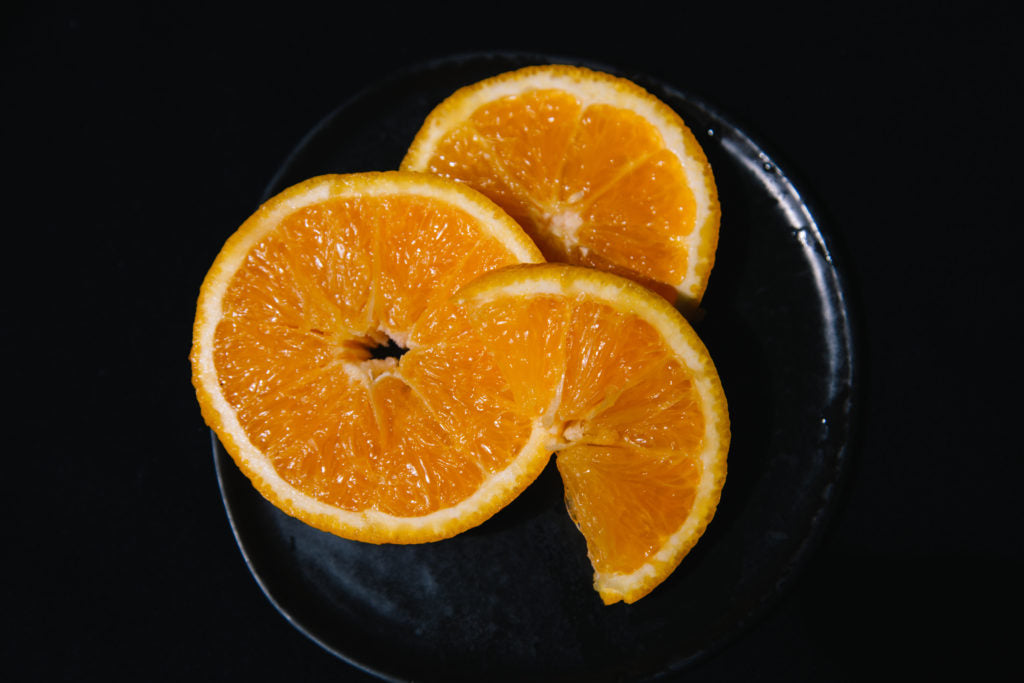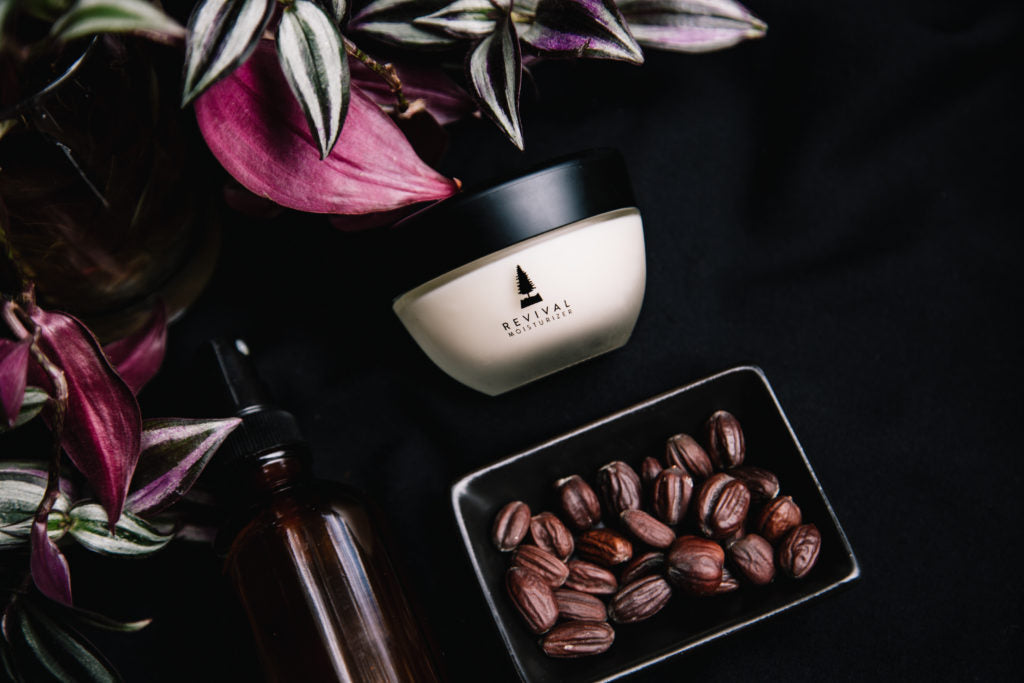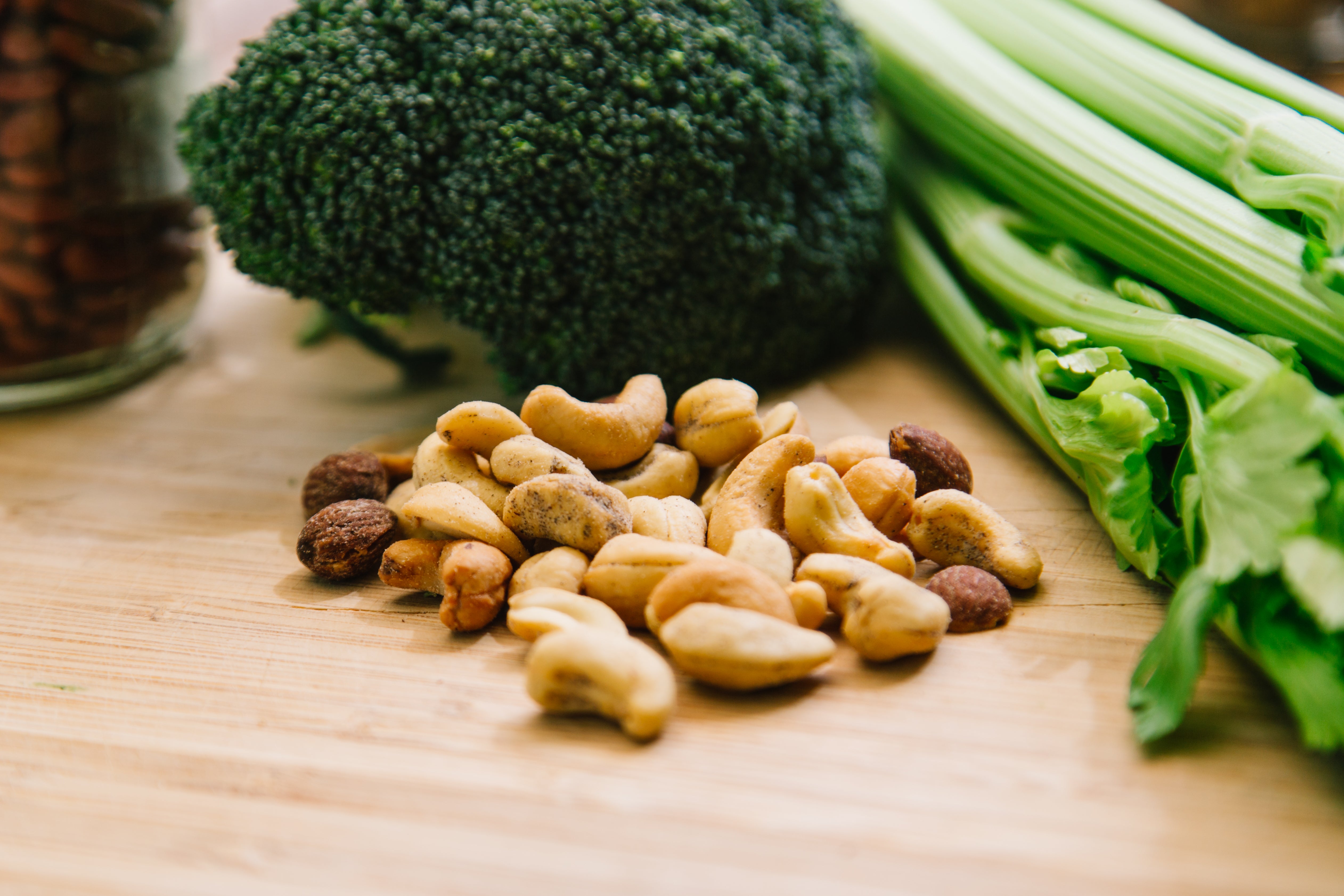
What does vitamin c do for your skin? (Especially if have acne, eczema or sensitive skin)
If you’re wondering what does Vitamin C do for your skin, you’re in the right place.
While “taking your vitamins” sounds healthy, something you likely heard growing up or even say to kids now, there may have been a moment when you sat back and wondered what this vitamin actually does for your body & skin, especially for any skin challenges like acne, eczema or extreme sensitivity.
You’re about to learn what Vitamin C offers your skin AND how to apply it in the most effective way possible.
Rooted in powerful information, including tidbits you’ve never heard before, we are going to walk through:
- Vitamin C benefits for skin
- Foods that have (a lot!) more Vitamin C than an orange
- What does Vitamin C do for your face, including for acne and psoriasis
- Whether to take this vitamin orally (supplement or digest) or put it on topically
- The best way to apply Vitamin C
What a vitamin is (+ a shocking history, soon to come)
A vitamin is an organic compound that, in small quantities, is needed to keep your lungs inhaling and exhaling, heart steadily beating. (In other words, they keep you alive and healthy!)
Since our body doesn’t create enough of each type of vitamin within our own physiological and anatomical self, we need some extra help.
That’s why our modern world turns to produce, supplements, serums and the like.

While there are 13 vitamins with their own perks and goodness, we’re about to focus on one of the most vital →
Vitamin C
After diving into the incredible benefits of Vitamin C, we’re going to share foods to ramp up the intake and the shocking history of Vitamin C - including the people behind the marketing of Orange Juice as a healthy, Vitamin C source.
The top Vitamin C benefits for skin
Let’s get into what Vitamin C does for your skin, perk by perk.
Brightens skin
Especially as we age, skin tends to shift in pigmentation - with slight discolorations popping up around the face. Vitamin C is like a natural toner, smoothing out the colors and providing a soothing, anti-inflammatory effect.
Acts as an anti-inflammatory
This reduction in inflammation makes Vitamin C a true “thank goodness!” for skin with acne, sensitivity or conditions like psoriasis.
Fights age spots & acne
As wonderful it is to spend time in the sun, UV rays lead to skin damage. Vitamin C helps to fight that damage and repair it. This also makes Vitamin C a wonderful healer for acne and scarring.
Firms up skin, fighting wrinkles
Vitamin C provides renewal, like a fantastic weekend spa trip. Especially when applied topically, Vitamin C helps the skin to replenish and plump up against lines and wrinkles.

Provides protection
Antioxidant has become a superfood “buzzword” for a reason. Vitamin C’s antioxidant properties enable it to fight negative free radicals that can lead to cancer later.
What does vitamin C do for your face, applied topically?
While most of us think about eating healthy and ingesting proper vitamins and minerals, we don’t always put the same level of organic, wholesome goodness onto our skin.
By applying Vitamin C onto the skin directly, you:
Give your skin all the benefits
As Vitamin C is ingested, there’s isn’t a guarantee it’ll race all the way up to your face and heal the skin 100% effectively. By putting Vitamin C on the face, it’s ready to be absorbed right where you want it.
Hydrate your face externally
Amid dry weather, strong Air Conditioning and overly drying products (like many anti-acne washes), our skin tends to get dry. Even if skin is “oily”, it’s likely producing more oil due to being overly dry.
What does Vitamin C do for your face when applied directly? The Vitamin C gets to nourish through each layer of skin, helping to create most luscious glow - and (ironically) reduce oil production.
While topical application is vital, how to eat Vitamin C
To absorb the maximum Vitamin C benefits for skin, it’s necessary to place it onto your face topically. However, the body does need to ingest Vitamin C, as well.
Rather than encouraging you to simply drink orange juice, our advice is a tad more surprising.
The little-known history of orange juice become an American staple
In the 1920s, coffee was the #1 beverage for most folks.
Then, something changed.
There were massive advertising and efforts by a biochemist named Elmer McCollum, who began a movement that became “Vitamania”.
This vitamin revolution became the foundation for businesses and brands ready to pounce on the marketing opportunity.
Enter, Sunkist.
Sunkist, then cozied under “The National Fruit Growers Exchange”, declared this →
"Enjoying a dose of OJ each day will provide you with “health giving vitamin and rare salts and acids”.
Shortly after, McCollum started to claim there was a common condition called “acidosis”, which caused fatigue and horrendous health problems. An “awareness book” - which was also an ad - declared →
(Ready to giggle at this ad text?)
“Estelle seemed to lack vitality;
didn’t even make an effort to be entertaining;
hence, she did not attract the men…”
The proposed cure (to Estelle looking to entice a partner, apparently)? Oranges.

During World War II, with Florida able to produce so many oranges and hope to beat scurvy, scientists dove into the innovation of “canned orange juice”. The formula of canned orange juice cracked, which could be shipped off easily, made OJ an American staple.
So, remember this.
When there’s a food that’s been told is good for us, remember there may be a massive history and skeptical marketing-campaign drive behind it.
12 foods with a lot more Vitamin C than oranges
Now you’ve had a sneak peek into the true growth origin of orange juice, here’s some science.
The average, medium-sized orange contains 69.7 mg of Vitamin C. This may sound like a lot but, we may be surprised to learn, orange juice is not the holy grail of health and upping immunity we’ve been lead to believe.
There are 12 foods with a far heftier amount of the vitamin than oranges, ready to help kickstart even more health for your skin and entire body.
- Chili peppers - 107.8 mg of Vitamin C in half a cup
- Red & green bell peppers
- Kale, which has about 80 mg per one cup
- Broccoli offers 132 mg of Vitamin C - WHOA
- Papaya
- Strawberries, which are also thought to help with teeth whitening
- Cauliflower offers 126.7 mg of Vitamin, right up there with broccoli
- Brussel sprouts
- Pineapple
- Kiwi has 137.2 mg of Vitamin C per 2 compact fruits
- Mango clocks in at about 122.3 mg of Vitamin C
While applying Vitamin C topically will have the most powerful effect on your skin being clear, glowing and smooth, eating it will certainly be a great boost, as well.
If best to apply Vitamin C on skin, how?
The current beauty market is loaded with serums, face masks and cart-loads of other options.
To maximize absorption and effectiveness of the Vitamin, here’s how to make sure your Vitamin C is working best for you.
Would you apply vitamin C before or after moisturizer?
The best way is to apply it evenly, which is why we recommend a moisturizer infused with Vitamin C like → This natural, vegan moisturizer packed with Vitamin C + essential oils


